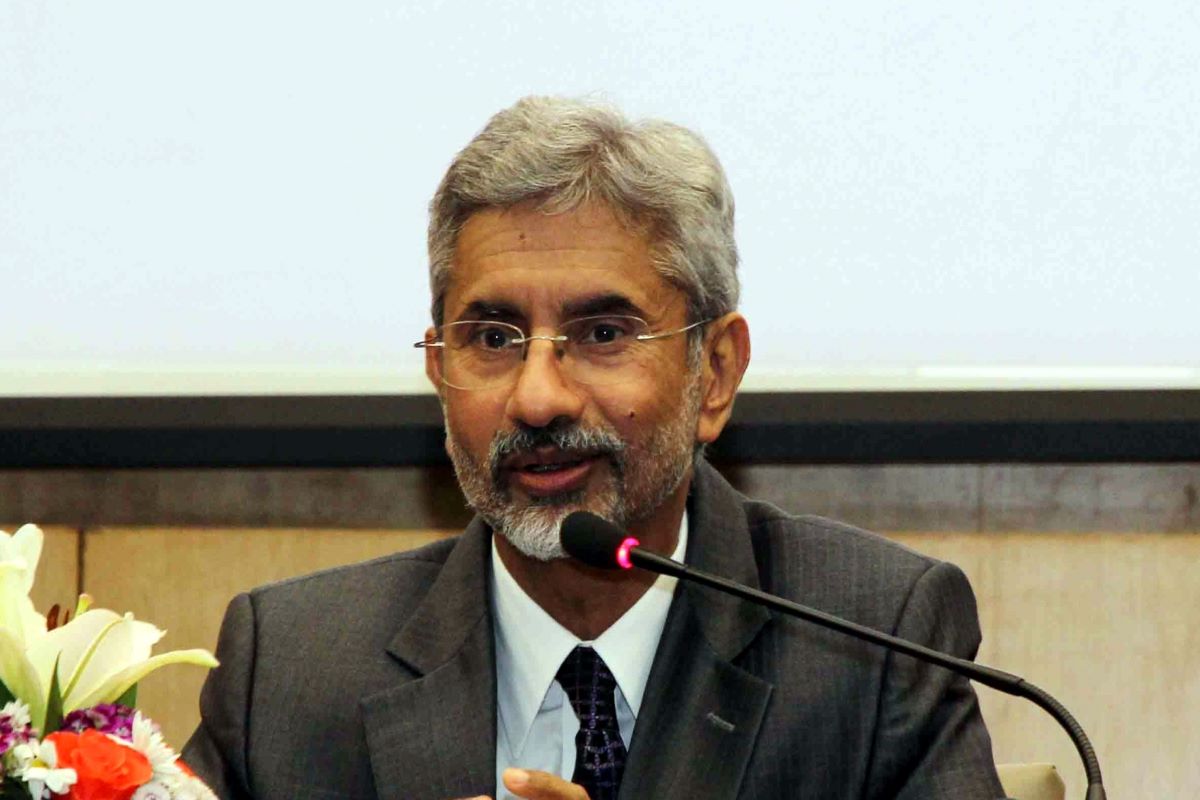Observing that COVID-19 has brought out many inadequacies in the global health system, India today called for meaningful partnerships, sharing of advanced technologies and collaboration in vaccine and pharmaceutical production among states.
”And in all of this, the role of businesses is critical. Crisis can often be the basis of creativity and our endeavour should be to come out of this stronger,” External Affairs Minister S Jaishankar said addressing the inaugural session of the ASEAN-India Business Summit.
Advertisement
The compulsions of the COVID era, he said, have made every country much more digital. ”The strengthening of digital connectivity both with ASEAN and in the larger Indo-Pacific, therefore, acquires even greater importance.”
On its part, Jaishankar said India could offer science and technology-based innovations to help the region as the scale and cost of the solutions offered by the country were very attractive.
Jaishankar noted that India has succeeded in developing the world’s first DNA vaccine for COVID-19, another mRNA vaccine that was in the final stages, as also a nasal vaccine. ”Our global collaborations have enabled us to emerge as a major vaccine production centre for the world. In fact, we have also seen innovative methods of collaboration, including an initiative agreed upon by the Quad countries.”
This, he said, could have significant benefits for nations of the Indo-Pacific. Apart from vaccines, Indian pharmaceutical manufacturing stepped up to the challenge by ramping up production for medicines that were in great demand. ”All this was happening even as we simultaneously transformed the public health system in India. The fact is that health has emerged as a more serious priority for all societies. Business must recognise the ensuing opportunities,” he added.
The minister said the uncertainties that the world has experienced since the beginning of 2020 could not just be wished away. ”Nor can we assume that they are a one-time phenomenon. Therefore, we are tasked with responding to the immediate repercussions even as we are compelled to plan for the future.”
A large part of the answers – both short term and beyond – lay in diversification, expansion and transparency, he added.











